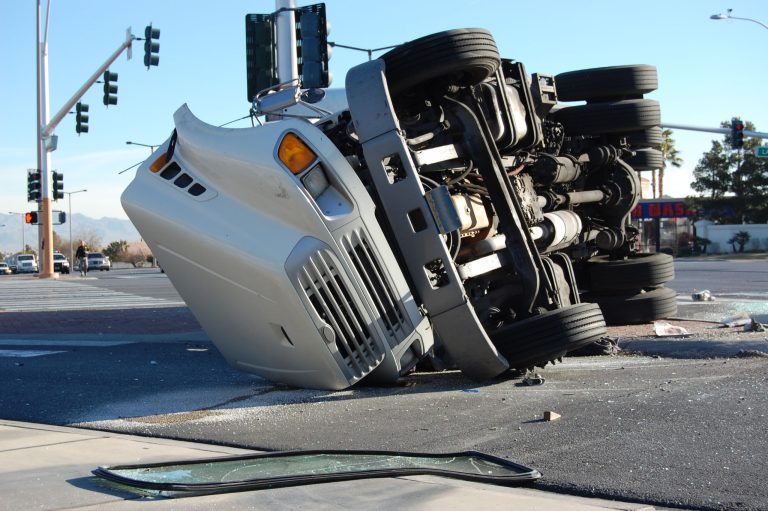A federal appellate court in Narayanan et al. v. British Airways (No. 11-5580, 2014 WL 1057304; 9th Cir. Mar. 19, 2014) has decided that the family of a British Airways passenger, who died six months after the carrier allegedly denied him supplemental oxygen, will have their claim barred, holding that they should have filed suit within two years of the flight rather than within two years of his death.
A divided three-judge panel of the United States Court of Appeals, Ninth Circuit dismissed Susheele Narayanan’s wrongful-death suit on March 19, 2014, finding that the Montreal Convention’s two year filing window relates back to the flight’s arrival, not to the later date of her husband’s death.
“We must decide whether [the treaty’s timing] strictures apply equally to a claim which had not yet accrued at the time that the Convention’s two year limitations period was triggered. We hold that under the plain language of the Convention, the answer is yes,” according to the Ninth Circuit.
The suit claimed that crew from Narayanan’s December 2008, flight from London to India knew about his late-stage lung disease, promised him access to his supplemental oxygen, but ultimately denied him use of the oxygen system, exacerbating his terminal condition and hastening his death. Narayanan died six months after the flight.
The wrongful death suit stated claims under the Montreal Convention on international aviation. The Convention governs the rights and liabilities of international air carriers and passengers, and provides for strict liability against airlines in connection with in-flight “accidents,” or unusual events that injure a passenger through no fault of his own.
On appeal, the Narayanans argued that the treaty’s filing window could not fairly apply to claims until they accrue because a prospective plaintiff has nothing to sue over until an injury manifests itself. The Narayananans family argued the panel could avoid the injustice by applying California state law instead.
The court rejected their argument, reasoning that the treaty’s limitations clause, Article 35(1), expressly provides that in situations like Narayanan’s, only the plane’s arrival triggers the limitations period. “The plain language of Article 35(1) leaves no room for flexibility as to the commencement of the limitations period,” Judge Nguyen wrote. “By urging us to evaluate the timeliness of their claim under the Convention based upon the date upon which it accrued under California law, plaintiffs effectively ask us to write an implied . . . trigger into the Convention’s terms. This we cannot do.”
The United States Supreme Court denied certiorari, on April 21, 2014, to Lisabeth Moore, the widow of Daniel Hart, who was killed in a 2007, accident involving a Hawker Beechcraft airplane sold in 1970.
Moore sued the Wichita, Kansas aircraft company in 2009, claiming that a defect in the plane’s flap system caused the crash, and that the company had known about the problem but failed to alert federal regulators.
A lower court found the case time-barred under the General Aviation Revitalization Act of 1994.The Act, also known as GARA, was intended to counteract the effects of prolonged product liability on general aviation aircraft manufacturers, by limiting the duration of their liability for the aircraft they produce. GARA amended the Federal Aviation Act to add a statute of repose that protects manufacturers from civil liability for parts or planes made 18 years or more before the accident at issue.
Moore argued that the company should be held liable because it knowingly misrepresented information about the part to the Federal Aviation Administration, which would exclude it from GARA’s liability shield. She urged the United States Supreme Court to take up the case to provide greater clarity to lower courts on how to apply that exception.
Without commenting, the high court turned aside the petition.
When Moore filed her lawsuit in Delaware’s New Castle County Superior Court in 2009, she brought claims for strict liability, negligence and breach of warranty. Moving for summary judgment, Beechcraft argued that the statute of repose shielded the company from liability because the Beech Duke aircraft that Hart was flying was originally sold in 1970, well before the 18 year limit. Moore opposed Beechcraft’s motion, arguing GARA had explicitly carved out exceptions for cases in which a manufacturer knowingly misrepresents pertinent information to the FAA about a plane’s safety. She alleged that when the Beech Duke was initially made, Beechcraft concealed knowledge from the FAA about a design defect that could lead to the kind of malfunction that caused Hart’s crash. Beechcraft denied such allegations.
In addition, Moore argued that Beechcraft had replaced the defective part in question just 13 years ago, well before the 18 year limit on lawsuits ran out.
Judge Mary Johnston sided with Beechcraft in 2011, and granted summary judgment. Moore et al. v. Hawker Beechcraft Corp., No. 9C-12-010, 2011 WL 6400670 (Del. Super. Ct., New Castle County 2011). The court ruled that plaintiffs failed to establish a prima facie case that either GARA’s knowing-misrepresentation or the new parts exception applied.







